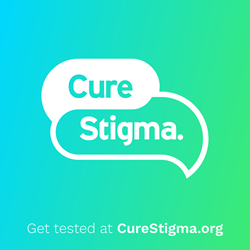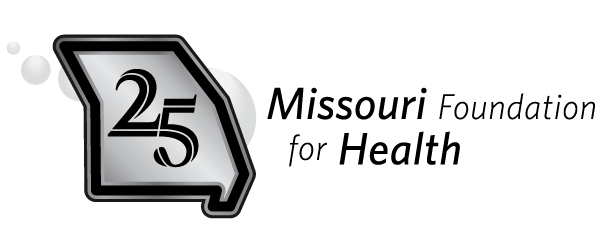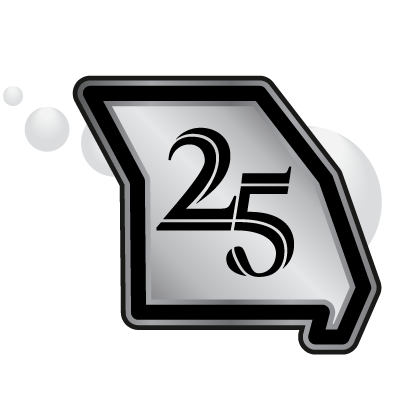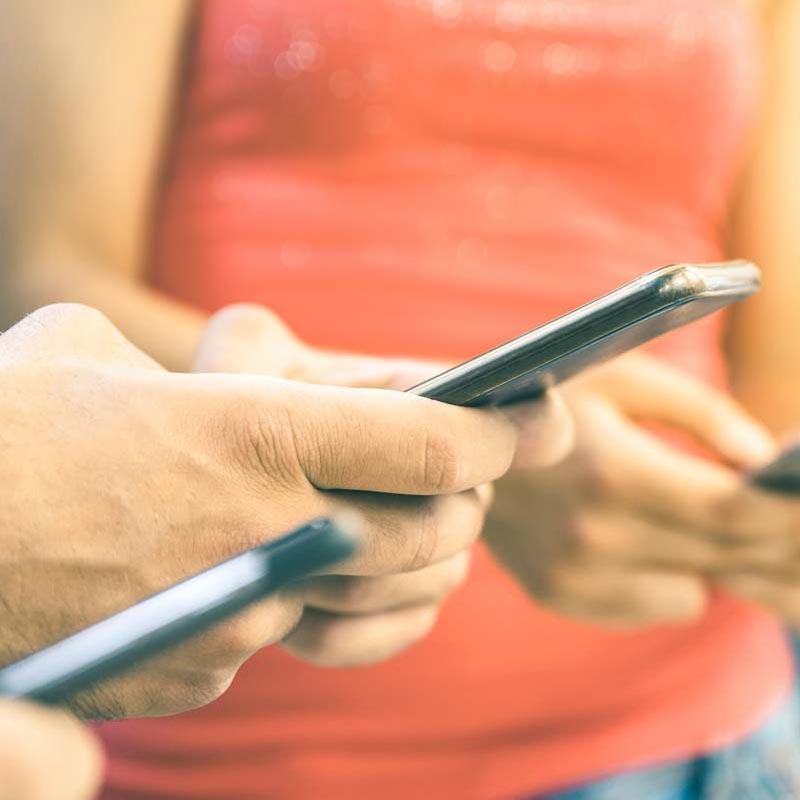 This week marked Mental Illness Awareness Week, and NAMI, the National Alliance on Mental Illness, wants a cure. Not just a cure for mental illness, but for the misunderstandings, stereotypes, discrimination, and ignorance that millions of people living with a mental health condition face every day. Call it stigma, a virus that shames them into silence, prevents treatment, and sometimes costs lives.
This week marked Mental Illness Awareness Week, and NAMI, the National Alliance on Mental Illness, wants a cure. Not just a cure for mental illness, but for the misunderstandings, stereotypes, discrimination, and ignorance that millions of people living with a mental health condition face every day. Call it stigma, a virus that shames them into silence, prevents treatment, and sometimes costs lives.
This year, the nationwide grassroots advocacy group is promoting the theme of CureStigma. This week and every day thereafter, we’re reminded to deliver large doses of compassion, empathy, and understanding.
Open communication can be difficult for stigma-related or logistical reasons, such as a lack of family, friends, or community support networks. It’s at those moments that more people are turning to technology for help. Digital behavioral health apps, like myStrength, can help people overcome some of the most significant barriers to care and treatment like cost, inaccessibility and, most importantly, stigma, while helping build mental resilience. myStrength developers designed it not as a replacement for mental health care like therapy and medication, but as a treatment extender, a way to support anyone with a smart phone and a need. Considering that one in five U.S. adults are affected by mental health conditions, it turns out that’s a lot of us.
As part of our strategy of supporting system-level disruption and improvements in behavioral health across Missouri, the Foundation invested in making myStrength available to Missouri’s community behavioral health centers. Now, a new report in the Journal of Medical Economics, the first large-scale study of its kind, shows a significant return on investment from using myStrength. The study shows that the economic value of bringing myStrength to Missouri reduced the total cost of care, with nearly $5 in direct medical cost savings for every dollar spent on the myStrength effort.
More importantly, people with depression or anxiety who used the app showed improvement. Spanning two years, the study examined Medicaid claims among more than 1,500 individuals who had access to myStrength across 25 Missouri community mental health centers. These individuals were encouraged to use the app to help address a wide variety of behavioral health and substance use concerns. The results were impressive. For example, 49 percent of patients with indications of clinical depression demonstrated reliable improvement from their baseline. One user described her experience with myStrength as overwhelmingly positive: “It has been motivating, inspiring, relaxing, and relieving to know I’m not alone.” Mental health programs working in coordination with advanced technology; now that’s #TheNetBenefit!
To learn more about how our partnership with myStrength got underway, read Michael’s earlier blog post discussing the Foundation’s first app project called Help Kids Cope.



